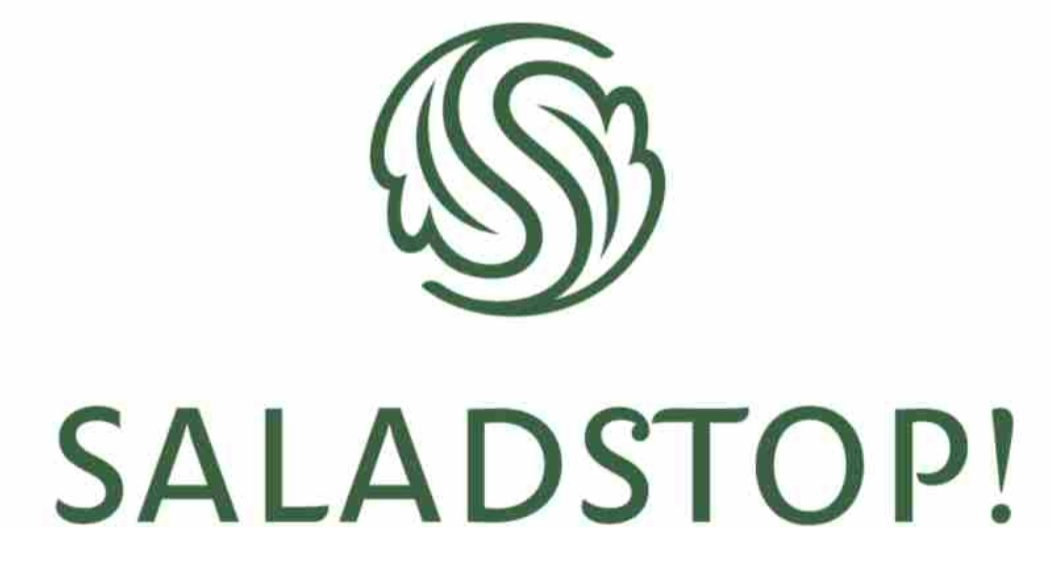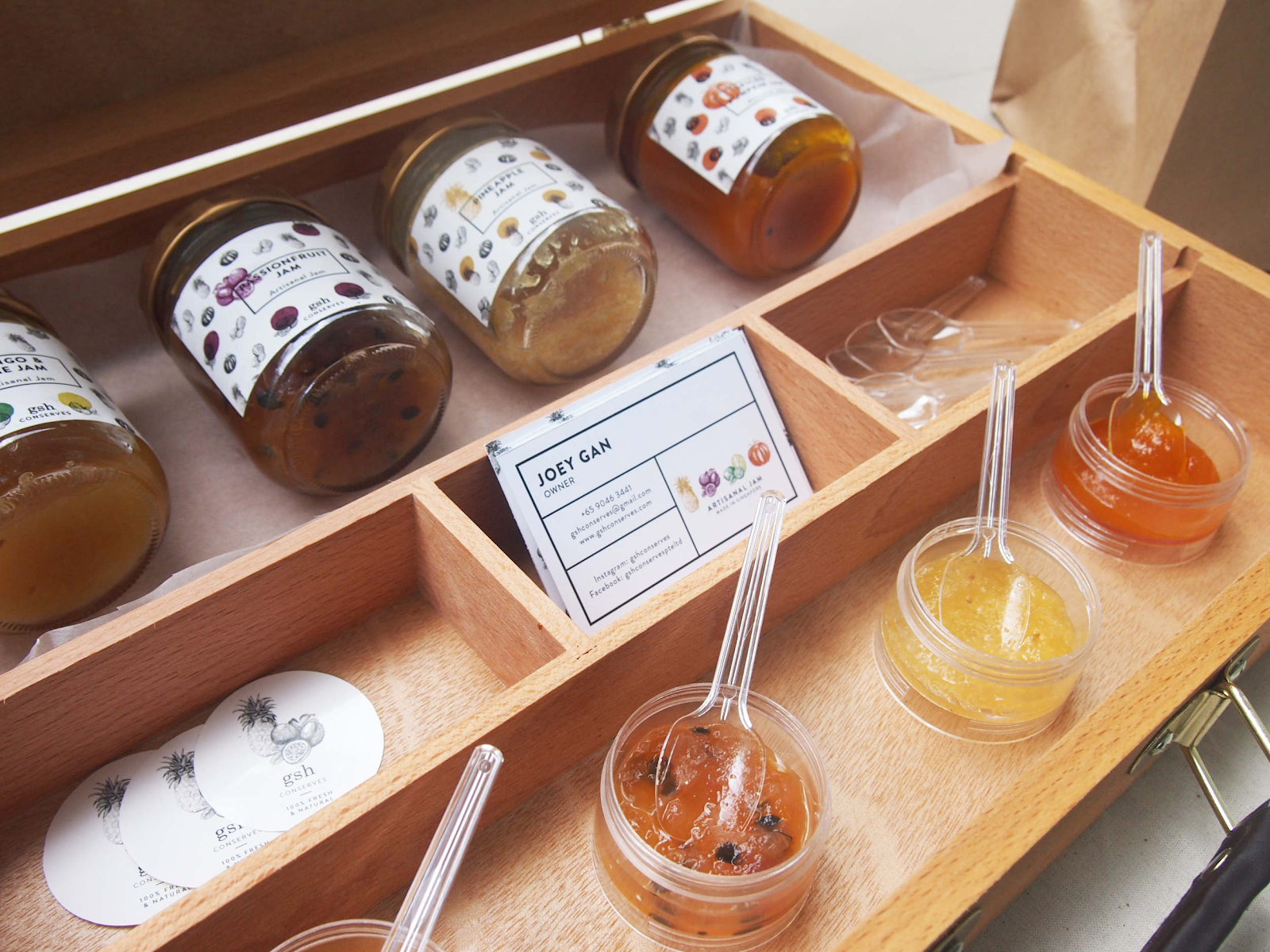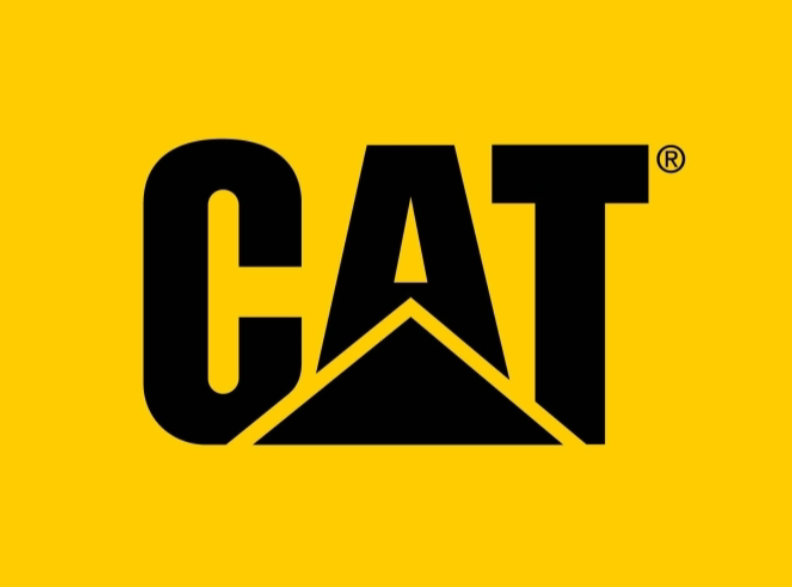MS3123 Reflective Learning Blog of Fong Wai Lam Libby (55689489)
Welcome to the Reflective Learning Blog of Fong Wai Lam Libby (55689489). In this blog, I have recorded my learning journey throughout this semester.
Lecture 2 - Service design
In this lecture, we learnt ways to improve customer flow by studying
the case of Saladstop!. Saladstop! is a fast-food restaurant selling healthy
food. The restaurant has faced several quality issues which hinder customer
satisfaction, for example, there is confusing and disorderly customer flow,
long waiting time during the lunch period etc. To tackle these problems, we
have learnt 5 steps methods to solve the problems. The first step is to define
customer persona to identify expectations of different customers. The second step
is to create a customer journey map for each persona, followed by the third &
fourth steps to identify key similarities, differences, and pain points faced by
customers. Lastly, we can develop HMW questions for each pain point and make recommendations
to solve the problems.
Lecture 3- Production planning & control
The case we studied in this lecture is GSH Conserves, a
company selling jam and bottled fruit. I have learnt ways to optimize the
process flow by developing process flow, and capacity analysis with the help of
Excel. After that, we can identify the bottleneck in the production where
over-utilization occurs and develop recommendations to solve the problems.
Throughout the class exercises, we have explored different possibilities to
solve the bottlenecks, such as by increasing the batch size and the
number of workers can help to improve the utilization rate and better balance
the uneven workload problem.
Lecture 4- Guest lecture on Moodie A.I.
In this lecture, we have learnt more about the Moodie A.I.
platform, which is an Artificial Intelligence communication & presentation platform that allows us to practice on presentations online. This platform is very useful to me
as it provides multiple scenarios for me to practice such as arranging
audiences from different backgrounds, it also provides instant feedback to me
after each practice, including scores on different aspects like confidence level
and eye contact. By such means, I can know more about my strength and
weaknesses in presentation. This provides a great platform for me to better prepare for future interviews, presentations, or even public speaking.
Lecture 5-Inventory management
In this lecture, we have studied a case about Caterpillar, a
company that specializes in producing earth-moving equipment and loaders. We have
learnt ways to help the company to determine the optimal value for when to
place an order for restocking as and the order level when placing order. We calculated
the Economic Order Quantity and reorder level to find out the total inventory costs
for 3 types of products 1-litre cans, 5-litre drums and 5-litre cans CH-4 engine
oil under the scenario of demand uncertainty. Throughout this lecture, we
learnt about the importance of inventory management in a business as to create
value.
Lecture 6-Warehouse management
In this lecture, we have discussed the case of Volkswagen
Group Canada INC., a company that specializes in selling and distributing vehicles
in different countries. The case background is the company planning to launch a new
vehicle model and new facelifts in the next 3 years. We have learnt ways to
conduct capacity analysis to estimate the number of bins currently used and
predict bins required for new SKUs. In addition, we also learnt how to conduct
analysis on the warehouse to determine how many spaces we need in the warehouse.
In the class exercise, we analyze different expansion options and develop
contingency plans when actual sales fall short of forecast.
Lecture 7- Post-visit report (Video report)
In this Post-visit activity, we watched a video about the
UPS world port at Louisville. This video is an interesting video to me as I
have learned more about the operations of a world-class logistic hub. The video
shows all the processes of how a parcel delivered to its destinations as well as
the roles and responsibilities of different departments in UPS. The part that
impressed me the most is the advanced technologies used in the world port, such
as the ball mats placed on the floor of the aircraft which allows easy movement
of heavy goods as well as the massive conveyor belts transporting lots of goods
at one time. In addition, I also appreciate the professionalism of the staff
working at UPS, they are calm when handling special incidents and they tried
their best they can to make customers’ goods delivered on time.
Lecture 8-Forecasting
In this lecture, we have studied the case of Chinese
Pharmaceuticals (HK) Limited which is a company dealing primarily in Chinese
herbs. In this case, the problems faced by the company include the long
lead time from raw materials to the manufacturer, seasonal demand and limited
warehouse space and etc. We have learnt different methods to predict future
sales, like the simple exponential smoothing, adaptive smoothing, exponential
smoothing with the trend and seasonal adjustments and full exponential smoothing
methods with each has its own advantages, like adapting smoothing can better
predict sales with trend and seasonality adjustment.
Lecture 9 – Quality management
The case we discussed in this lecture is Samsung Electronics,
the company was dealing with customers' complaints about their LCD TV. We have
learnt better ways to maintain the quality of Samsung, such as organizing the
complaints in affinity diagrams, finding the root cause by applying the 80/20 rule
in the Pareto Chart, formulating 5 WHY questions, and developing fishbone diagrams
to figure out the cause and effects of problems. Others include the control chart to
find out the frequency of abnormalities appearing.
Lecture 10- Linear Programming
In this lecture, we used the case of course scheduling in
CityU to illustrate the importance of linear programming. The case background
is about the MS department having to formulate an optimized course schedule
complying with all the different requirements and constraints of different
instructors and class periods. After setting up the decision variables,
objective function, constraints and etc. we can construct an optimized course schedule
according to the requirements. In the class exercise, we find out that by
adding additional constraint can help to solve the course overlap issue.
Lecture 11- Sustainability
The case we have discussed in this lecture is the sustainability
of the IKEA group. The company wanted to better address to the sustainability
issues, the effort that they did include developing wood sourcing standards, and implementing the people & planet positive strategy in order to achieve a
sustainable wood supply chain. In the class exercise, we have explored the
advantages and trade-off of 4 different sustainable options and selected the best
option among the 4. We have also learnt to consider about the leverage level
when choosing the optimal option, like although option 1 requires higher costs,
it can improve the reputation of IKEA.
Group project
The group project of the course is about the facemask
business of WOOMP. Our group has chosen the topics of the manufacturing department
and the procurement department. In the manufacturing department, we found out
the underutilization problem in the production by conducting a capacity analysis
in Excel, and we found out ways to improve the production rate by reducing
the number of workers to achieve production efficiency. For the procurement
department, we have used different smoothing methods to find the demand forecast
for next year as well as the material costs and find out the most suitable
method is the exponential regression model. We also learnt that additional information
like the forecast bias and MAPE can be included for more accurate forecasting.











留言
發佈留言